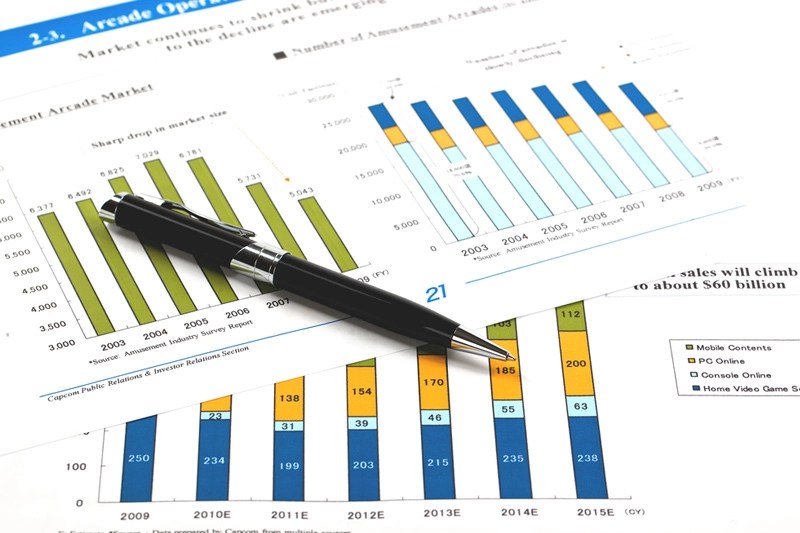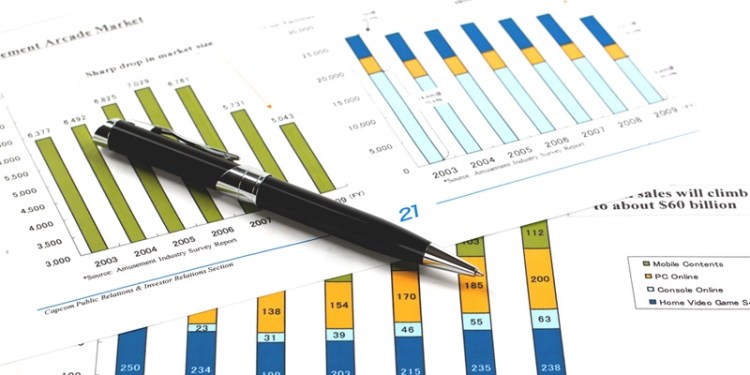
MELBOURNE (Reuters) – Bioenergy could contribute around A$10 billion ($7 billion) to Australia’s economy by 2030, the government said on Friday, as it laid out a plan to promote biofuels to help the country reach net zero carbon emissions by 2050.
Bioenergy, which includes turning organic waste and crop waste into fuel, currently makes up about 3% of Australia’s total energy consumption and could grow to provide up to 20% by the 2050s, but production costs would have to fall to achieve that, the Australian Renewable Energy Agency (ARENA) said.
The industry could create 26,200 jobs and help reduce emissions by about 9% from 2019 levels by the 2030s, ARENA said.
With A$33.5 million in new funding, ARENA set out a plan to back projects which could show where biofuels would have a comparative advantage and identify barriers to development biofuels.
The government highlighted that industrial heat generation, aviation and marine fuels and renewable gas are among sectors where carbon emissions are hard to abate, offering market potential for biofuels.
“This will help foster strong, world-leading aviation and marine industries that are competitive and viable in the long run,” Energy Minister Angus Taylor said in a statement.
Progress in sustainable aviation fuel could see it make up around 18% of the jet fuel market by the 2030s, ARENA said.
($1 = 1.3748 Australian dollars)
Source: Investing.com


























